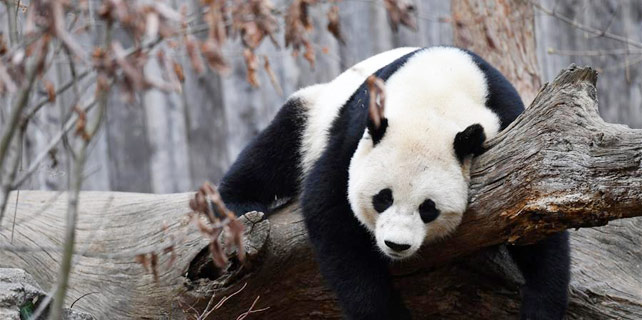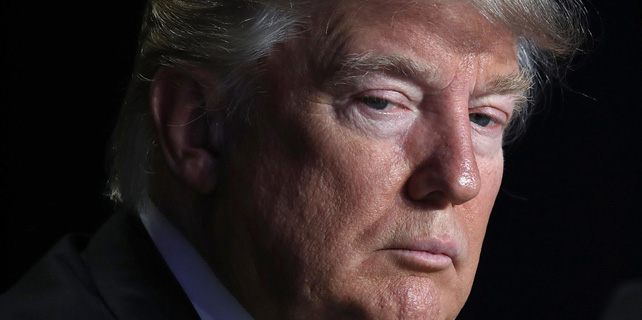TED eyes young innovators in China
The founder of the TED talks Fellow Program, which has been catching on in China in recent years, is keen on recruiting young Chinese innovators to raise awareness about the program in the country.
"This is such an exciting time in China. There are so many innovations, so much great art, and science and technology happening right now," said Tom Riellly, founder and director of the TED Fellows Program.
"The No 1 priority for recruiting is China."
Founded in 2009, the TED Fellows program aims to bring together young innovators around the world to raise awareness of their work by offering them participation in TED Conference and workshops, and to coach and mentor.
The program now includes 414 fellows from 87 countries, but it is “poorly represented” in China. This year, a Chinese food technology entrepreneur, Matilda Ho, was selected to the 2017 TED Fellows class, and she is expected to encourage a good flow of applications in China.
Ho is the founder of a Shanghai-based food tech incubator "Bits x Bites", which she said is the first of its kind in China. During her talk at the TED Conference in Vancouver in April, she will give an insiders' look at the food innovation scene in China and entrepreneurs' roles.
"As China pushes to become the largest economy, entrepreneurs are vital in shaping its future. How safe, healthy, and sustainable our food system will be is a big part of this future," she said.
Prior to the incubator, Ho created Yimishiji in 2015, an online farmers market inspired by China's food safety problems. "We re-imagined the entire food supply chain with strategies tailored for the Chinese market. It's a great first step to inspire a new relationship between Chinese consumers and their food," she explained.
Ho said she spent a lot of time learning about the global organic food landscape. "I discovered the complex and intricate relationships in the natural food chain; the political, ecological, and cultural dimensions of food; and why making our food systems more sustainable is the most urgent challenge of our generation," she said.
Rielly said they were really looking for someone who is doing something new, something that has never been done before.
Calling Matilda's work "brilliant", he said she was chosen because she moved forward to found the incubator to enable more food tech startups to address the challenges in the food system.
"To me, what's exciting is many of our fellows become hubs of innovation and help others. Ultimately, we are hoping a fellow will touch as many thousands or more of people as possible," said Rielly.
He said that when they look at the globe and where they are not well represented, the two biggest priorities are China followed by Latin America. Both of them are smaller for the same reason - language and marketing.
In fact, TED has been increasing engagement with Chinese audiences. The subtitled TED talks are available at their four official partners in China: Youku, Netease, Tencent and Toutiao.
So far, 1,600 to 1,800 talks are available with Chinese subtitle and the talks have generated millions of views on those platforms, according to Lisa Bu, content distribution manager with TED. The talk for each TED Fellow is about 4-7 minutes.
Most of the Chinese people watch TED talks to learn English, or public speaking skills or storytelling styles to build careers, or they are simply curious learners, Bu said.
"TED is extremely committed to China. We are just a little behind in the Fellows (program). I'm very confident that we'll catch up in the next two years," said Rielly.
liazhu@chinadailyusa.com









